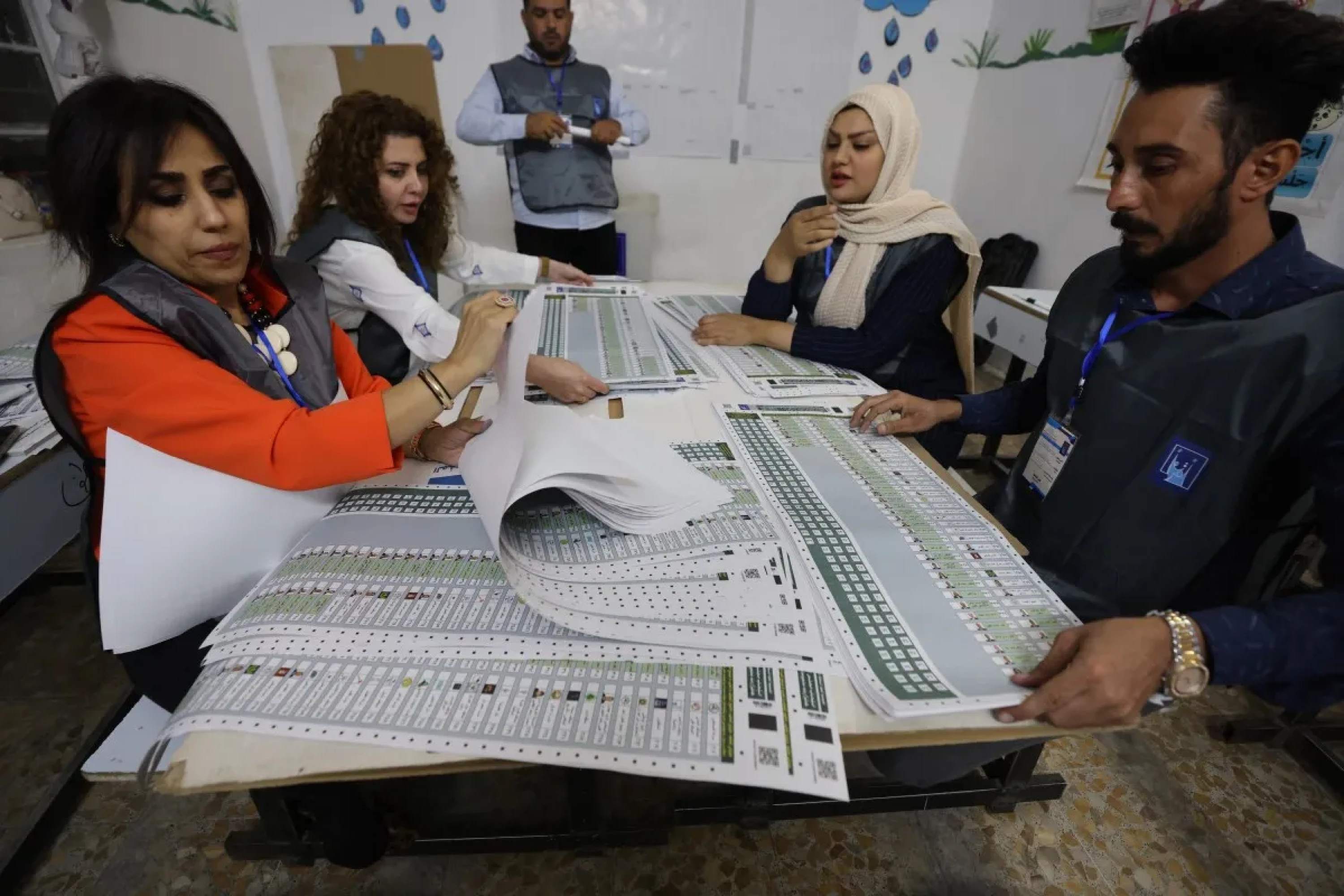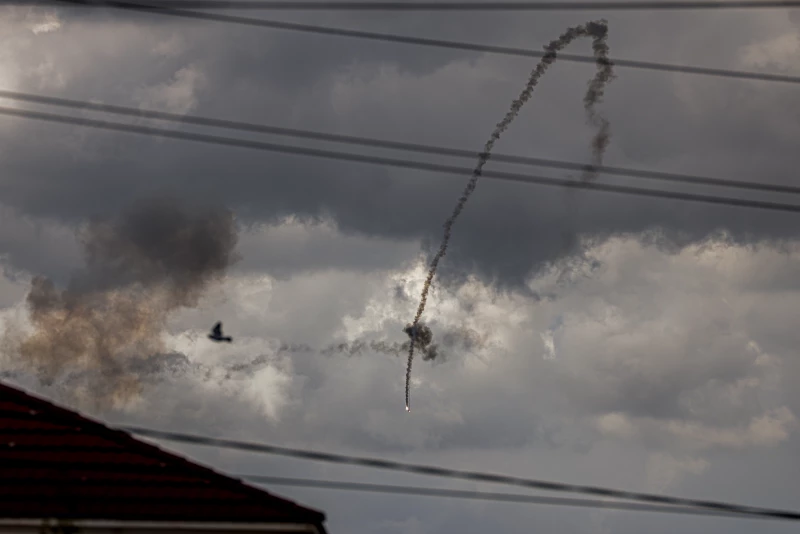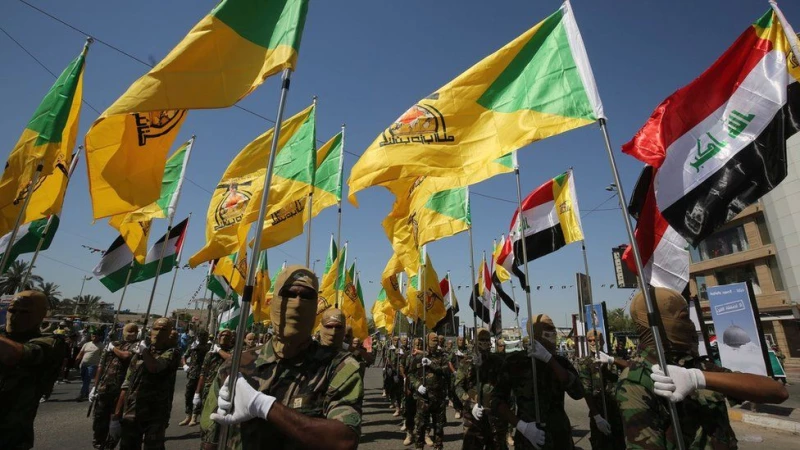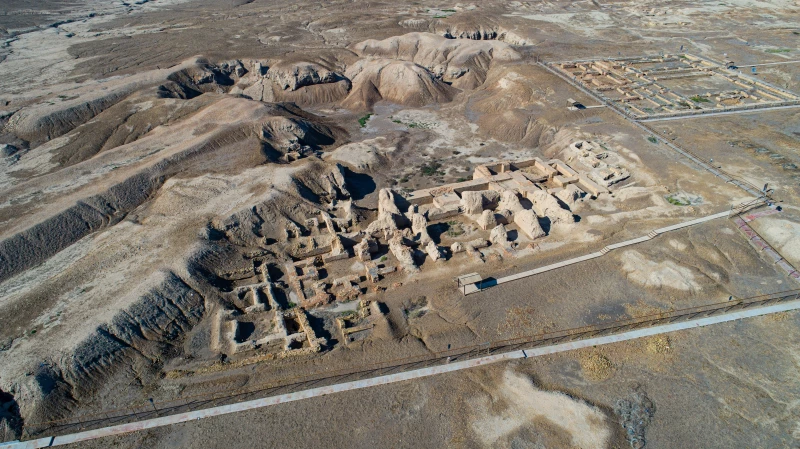ERBIL, Kurdistan Region of Iraq – Three current Iraqi ministers have failed to acquire enough votes to secure a parliamentary seat, according to preliminary results by the electoral commission.
Iraq held general parliamentary elections on Tuesday, the sixth since the 2003 US-led invasion, with an unexpectedly high turnout rate of 56.11 percent despite a boycott call by powerful Shiite cleric Muqtada al-Sadr.
According to the Independent High Electoral Commission’s (IHEC) preliminary results, the Reconstruction and Development Alliance, the Kurdistan Democratic Party (KDP), and the Taqaddum Party secured the most votes at the national level.
Oil Minister Hayyan Abdul Ghani, the head of the State of Law Coalition’s list in the southern Basra province, fell short of the necessary votes required to enter parliament. His list won two seats, and he came fourth with 6,351 votes.
Minister of Culture, Tourism, and Antiquities Ahmed Fakak al-Badrani, a candidate for powerful Sunni politician and former Parliament Speaker Mohammed al-Halbousi’s Taqaddum Party in Nineveh, also did not secure the necessary votes, placing seventh on his list with 7,201 votes.
Youth and Sports Minister Ahmed al-Mubarqa, from the State of Law Coalition in Baghdad province, was the third minister to not acquire sufficient votes to become a lawmaker, scoring 4,652.
Upon the completion of the election cycle, Iraq’s Federal Supreme Court ratifies the results following the hearing and resolution of disputes. The caretaker president must then call on the parliament to convene within 15 days to elect a speaker and his two deputies via an absolute majority. Next, a two-thirds vote is required to elect the president, who, in turn, has another 15 days to select a prime minister-designate to form the government and present it to parliament within 30 days.
In practice, however, the government formation process typically takes the better part of a year, with political wrangling forcing repeated postponements of the vote as parties and alliances attempt to extract the greatest concessions and most favorable terms.
Of a total of some 20 million eligible voters, 12,003,143 people participated in the vote, including Sunday’s early vote, according to IHEC.



 Facebook
Facebook
 LinkedIn
LinkedIn
 Telegram
Telegram
 X
X


